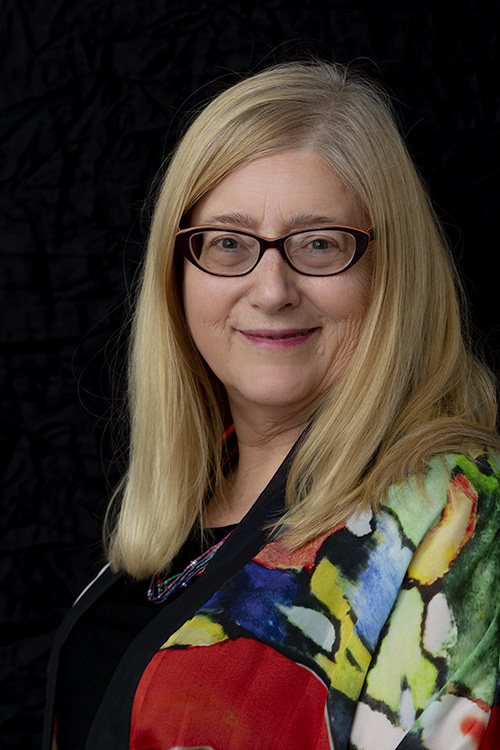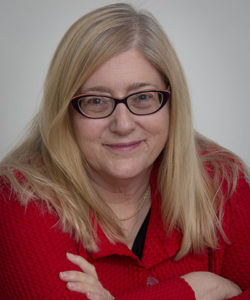For Women Agency is the Issue.
As I write this, the elected government of Afghanistan has fallen. We see reports – not always well validated because of the situation there – of hospital workers who hid at home out of fear of the Taliban, were ordered back to work and the women went in burquas, only to be sent home again because they were female. Western women journalists trapped in the country who pleaded for help as the country fell are silent now, their fates unknown. Afghan women who venture outside without a male escort are punished. The protection of women is not why the United States spent a trillion dollars on the “forever war.” Had that been the reason it might have been cheaper to resettle every woman in Afghanistan somewhere else. Yet whatever our government’s motivations for going or for leaving, the American departure results in a terrible loss of freedom for every woman and girl in the country. Afghanistan is a stark reminder to each of us that for women agency really is the issue.
Yesterday I read a post by an American woman in her fifties celebrating she has reached the age when society does not expect her to be sexual. For every post like that, there is another bemoaning the fact that society expects women after midlife not to be sexual. We midlife women are the age of the “Marthas” in Margaret Atwood’s dystopian novel The Handmaid’s Tale. In the novel, women were assigned certain functions in society and known by the names of their roles. Marthas were the sturdy women in aprons who kept the households running while powerful men exploited fertile young Handmaids. No one — not even Margaret Atwood — asked the Marthas whether they applauded or mourned their fragmented role. For us as American women living in relative freedom, it is important that we claim agency for ourselves and one another by voicing our choices and applauding the choices other women make.
Because choice means control of our bodies in every way, certainly including abortion rights and so much more. Choice means celebrating women who choose not to have children and supporting those who do. It means applauding women who opt out of diet culture, as described by Alexis Conason in her new book The No-Diet Revolution. Choice means defending the agency of women who are celibate at thirty and the agency of women who date at seventy—and vice versa. Our time, energy and resources are defined by the choices we make. The more we each attend to our own desires, the better for us and for each other.
My paternal grandmother grew up in a religious cult in Illinois. She was taught to believe the earth was flat and that the only healing came from ministers, not doctors. She was told that singing and dancing were sinful, and made to work for a pittance in a church-owned factory. She was told whom to marry. She was bereft of choice. It may have been just outside Chicago, but that cult was at its peak a hundred years ago, as separate from us in time as Afghanistan is in space. Yet it could happen here and it could happen now.
I will be looking for ways to help the women and girls of Afghanistan and I hope that you will too. The fall of Afghanistan is tragedy on an incomprehensible scale, not something in a history book, but happening this minute. At the same time, in a far subtler way, the agency of women in our own country is increasingly under attack. We must defend ourselves as well. It is not enough for us to lament what “society” expects. It is terribly important for each of us to make clear what we expect, for ourselves and for each other. At minimum, we expect to control our own sexuality, from youth to old age. We expect to control our own reproduction. We expect access to education, to healthcare, to a full range of career choices. We expect to express ourselves creatively, through what we say, write, wear, paint, and by every other means of expression. We expect to be treated with respect regardless of our age, body size, ethnicity, and ability level. We must expect, nay, demand, that women in other countries have the right to do the same – should they so wish.
It is up to us to defend our rights. Because for every woman, in every time and place, agency is the issue.


